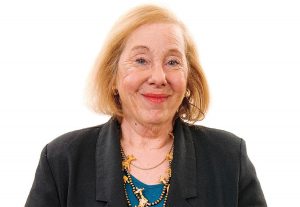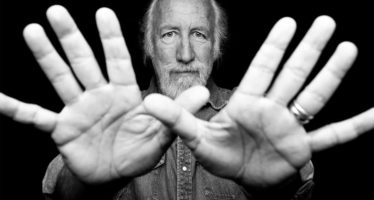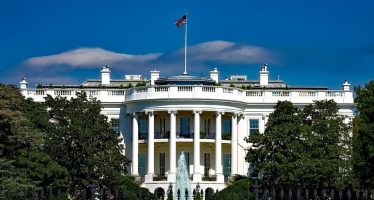Rosabeth Moss Kanter: A Glowing Academic Career that Defies Attempts at Abbreviation

Rosabeth Moss Kanter
The problem of profiling Rosabeth Moss Kanter, holder of the Ernest L Arbuckle Professorship at Harvard Business School, is trying to fit her accolades into the allotted space.
Kanter advises CEOs and senior executives via her consulting group, and was a senior advisor for IBM’s Global Citizenship portfolio from 1999-2012. She has served on business and non-profit boards, and has authored or co-authored 20 books — many of which have attained bestseller status.
The academic has served on commissions, including the Governor’s Council of Economic Advisors and the US Malcolm Baldrige National Quality Award. She is in constant demand as a public speaker, sharing the podium with world leaders at events such as the World Economic Forum in Davos.
Before joining the Harvard Business School, Kanter held tenured professorships at Yale and Brandeis universities, and was a Fellow at Harvard Law School, while simultaneously holding a Guggenheim Fellowship.
And this is the profiler’s challenge: telling Kanter’s story, however briefly, and regardless of column inches, means getting a quart into a pint pot.
And we’re not through yet.
Rosabeth Kanter co-founded the university-wide Advanced Leadership Initiative at Harvard, serving as founding chair and director from 2008-2018. Her strategic and practical insights on strategy, innovation and leadership for change have guided corporations, governments, and start-up ventures around the world.
Writing has been central to her career. Her latest book is entitled Think Outside the Building: How Advanced Leaders Can Change the World One Smart Innovation at a Time. She is the former chief editor of Harvard Business Review, and has been named in two distinguished “50” lists: the 50 Most Powerful Women in the World (The Times), and the 50 Most Influential Business Thinkers in the World (Thinkers 50). She has also received the Thinkers 50 Lifetime Achievement Award.
One of Kanter’s earlier books, MOVE: Putting America’s Infrastructure Back in the Lead, became a New York Times Editors’ Choice. Another, The Change Masters, was hailed as one of the most influential business books of the 20ᵗʰ Century by none less than The Financial Times.
The literary list doesn’t end there. Confidence: How Winning & Losing Streaks Begin & End was a New York Times and Business Week bestseller. There certainly seems no end in sight for her own winning streak. Men & Women of the Corporation won her the C Wright Mills award for the best book on social issues. It examined the individual and organisational factors in the struggle for women’s equality, and she released a related video, A Tale of ‘O’: On Being Different, which is highly regarded as a tool for diversity training.
From identifying the dilemmas and potential problem of globalisation to opening minds and avenues in the corporate world, Kanter has more than made her mark on the world.
She has received Distinguished Career Awards from the Academy of Management and the American Sociological Association, the World Teleport Association’s Intelligent Community Visionary of the Year award, the Pinnacle Award for Lifetime Achievement from the Greater Boston Chamber of Commerce, and many more recognising her thought-leadership and community impact.
Rosabeth Moss Kanter was born in Cleveland, Ohio, and describes her childhood as “benign” and herself as “ambitious”. She has no fewer than 24 honorary doctoral degrees in addition to her PhD from the University of Michigan.
You may have an interest in also reading…
Lee Clow: The Enigma of Cool
He’s the laid-back surfer who redefined advertising, the enigmatic visionary behind Apple’s “1984” and “Think Different” campaigns, and an enduring
The Underrated Modesty of Executive Pay at the World Bank
There are moments in time when the proverbial storm in a teacup serves to underscore a point. The World Bank
The Book That Trump Rewrote
The lesson learnt from the 2020 US election is that 2016 was not a fluke. The surprise triumph of Donald


















































































